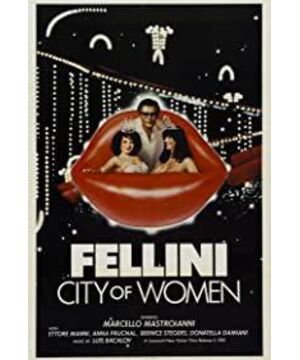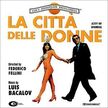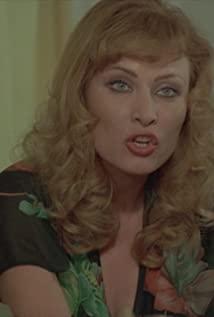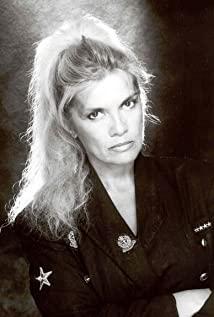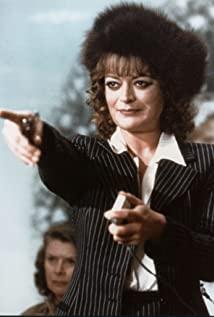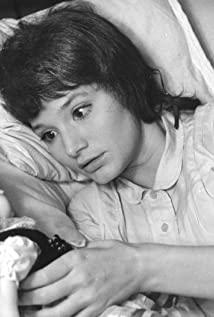By 1980's "City of Women" , Fellini had made the fourteenth film.
By this time he was no longer content to tell a story, or reveal a certain reality. What he cares about is to explore some of the essential issues of life and the world, and this film is about the issue that men and women can never get rid of - sex.
"Women's City" begins when a middle-aged man on the train is seduced by a beautiful young woman, and unknowingly gets off the train and walks into a forest until he walks into a farm.
What happened on the farm was a carnival party of a group of feminists, including extreme feminist fighters, as well as big breasts and sexy beauties.
The middle-aged man was immersed in it and panicked, until he fled into a nobleman's castle in a hurry.
This is also an absurd carnival place. The difference is that the theme of the carnival for men and women here is not feminism, but patriarchy.
Fellini goes to great lengths to portray two completely opposite worlds, seemingly intended to show the conflicting struggle between extreme male and extreme feminism. He seems to be aloof, although there is no shortage of satires on male sexuality (although his satires of extreme feminism are everywhere).
The self-deprecation of men's sex-fantasies seems to be best embodied in this American-style "dancing":
But Fellini's mind must not be so simple. This seemingly absurd, exaggerated and irresponsible comedy actually started to accumulate a sense of anxiety from the first moment on the train. It was seen in middle-aged men who fell into the bizarre world, and it was also reflected in those carnivals in the bizarre world. men and women.
This anxiety comes from the primitive impulse of men and women in the world of sexual consciousness (sexuality, not sex) to desire to conquer each other, and also from the long-term tense confrontation after the biological impulse cannot be realized.
Men and women, in the world of anxious sexual consciousness, are essentially antagonistic.
To understand "Woman City" with "sexual anxiety", I believe it is not "overthinking". The film is filled with all kinds of sexual metaphors, from the train repeatedly entering the tunnel to the towering giant cake.
To put it mildly, even the scene where the story takes place has gender implications: the world dominated by women is often open and natural farms and forests, and the male protagonist is even nearly fried by a shrew in a vegetable greenhouse.
Compared with the "feminine" of fields and forests, the male-dominated world is a castle, hard and towering.
You'll also see childhood sexual experiences deep in a man's subconscious, such as voyeurism:
For example, Oedipus:
This is almost the world of Freud's dream analysis.
Yes, the whole "Women's City" is a dream, a man's spring dream. Through the path of dreams, Fellini proudly constructs a world of extremely absurd and distorted sexual consciousness, and in this world, he is imaginative and even wanton.
No way, he has already cultivated to this level.
At the end of the movie, it is suddenly revealed that the middle-aged man on the train did not go anywhere, and everything was a dream of him. This reveal is actually not surprising. The exciting thing is the next one: the women he saw in his dream walked into the carriage one by one. And the glamorous young woman who made him uncontrollable from the beginning and the wife opposite him smiled secretly at him, as if all this was a conspiracy of these women against him.
The most important thing is that these women are obviously passengers who have just boarded the bus, which means that the middle-aged man did not see them, but dreamed of them "early" in his dream.
As the saying goes, "Thinking about dreams every day", dreams are the reflection of reality. But if my interpretation is correct, Fellini deliberately made such a "dream before seeing" setting at the end of the film, what is he trying to say?
Perhaps it should be a sentence he said: all reality is a dream. Reality is the reflection of dreams, and each of us actually lives in our own world of consciousness.
View more about City of Women reviews


